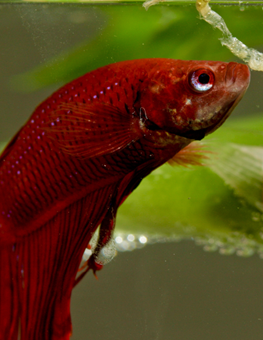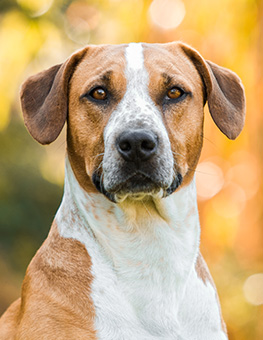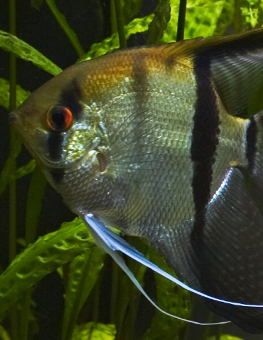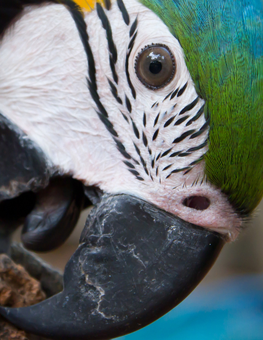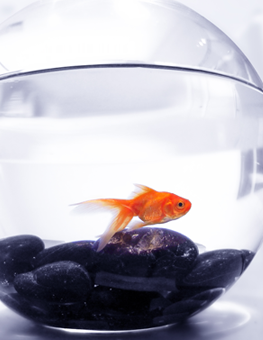How to Deal with Feather Plucking
Feather plucking is a very common behavioral disorder in domestic birds, and can be caused by many factors.
Feather plucking can frustrate and worry many bird owners. It is a major problem for birds, but is difficult to treat because of its many varied causes. The first thing you need to do is determine if your bird is really exhibiting feather plucking, and is not just grooming, preening, or molting. If your bird has patches of feathers missing, and seems to be plucking or chewing his feathers, this is abnormal and a cause for concern. Feather plucking can be a symptom of a more serious disease or behavioral problem. Either way, it is important that you locate the cause and fix it. If you are concerned about your bird’s health, you should talk to your veterinarian about possible treatments.
Causes:
The direct cause of feather plucking is stress. Unfortunately, this stress can be caused by a host of problems, some very serious, and some very simple to fix. Here are the predominant causes:
- Disease: Any host of diseases can be an underlying cause of feather plucking, from viral and bacterial to cancers, endocrine diseases, and vitamin deficiencies. Thus, it is important to have your bird examined by a veterinarian if he is feather plucking.
- Pain: When birds feel pain, they often deal with it improperly, by plucking or chewing the area where they feel the pain. This pain could be as a result of almost anything, from disease to injury to a chronic condition.
- Behavioral: Boredom, loneliness, or lack of attention often leads to feather plucking. If your bird lives alone in its cage, this could very likely be a cause.
- Habitat: Where your bird lives could be a cause of his feather plucking. Some factors that could lead to this behavior are a lack of natural light or humidity and a cage that is too small or overcrowded.
- Diet: One of the most common causes of feather plucking, your bird’s diet has significant effects on his health. A one-dimensional diet is unhealthy and can lead to feather plucking.
- Allergies: Just like humans, birds can suffer from allergies, which lead to dry skin, and feather plucking. Some foods that birds are often allergic to are wheat, corn, and rice.
- Toxins: The household environment provides a host of foreign substances that your bird may not be exposed to in the wild. Chewing on various materials can lead to heavy metal poisoning, and your bird can also suffer from cooking fumes and cigarette smoke.
Treatments:
To cure feather plucking, you will have to first identify what you think is the cause of the destructive behavior. Putting a collar on your bird will only stop the plucking itself, and will not treat the underlying causes, and could worsen stress or disease. Consulting with your veterinarian will help you narrow down the potential causes. Here are some ideas for treatment, depending on what you find:
- Disease and pain: Your veterinarian will know best. Follow his instructions and hope for a quick recovery.
- Behavioral: If you suspect that your bird is bored or lonely, try giving him new toys to play with, or spending more time with him. When you feed him, try changing the way you give him food so as to make it more challenging.
- Habitat: Try moving your bird’s cage to an area with lots of light and consider using a humidifier to raise the humidity. You should also think about moving your bird to a larger cage.
- Diet: Try to vary your bird’s diet by giving him fewer seeds and more vegetables or other foods.
- Allergies and toxins: Identify the cause of the allergies or toxins and remove it. Make sure your bird’s diet is allergen-free and his cage is not near the kitchen or cigarette smoke. If you think your bird has heavy metal poisoning, try moving him to a cage with non-toxic bars and make sure to not give him any metal toys.




